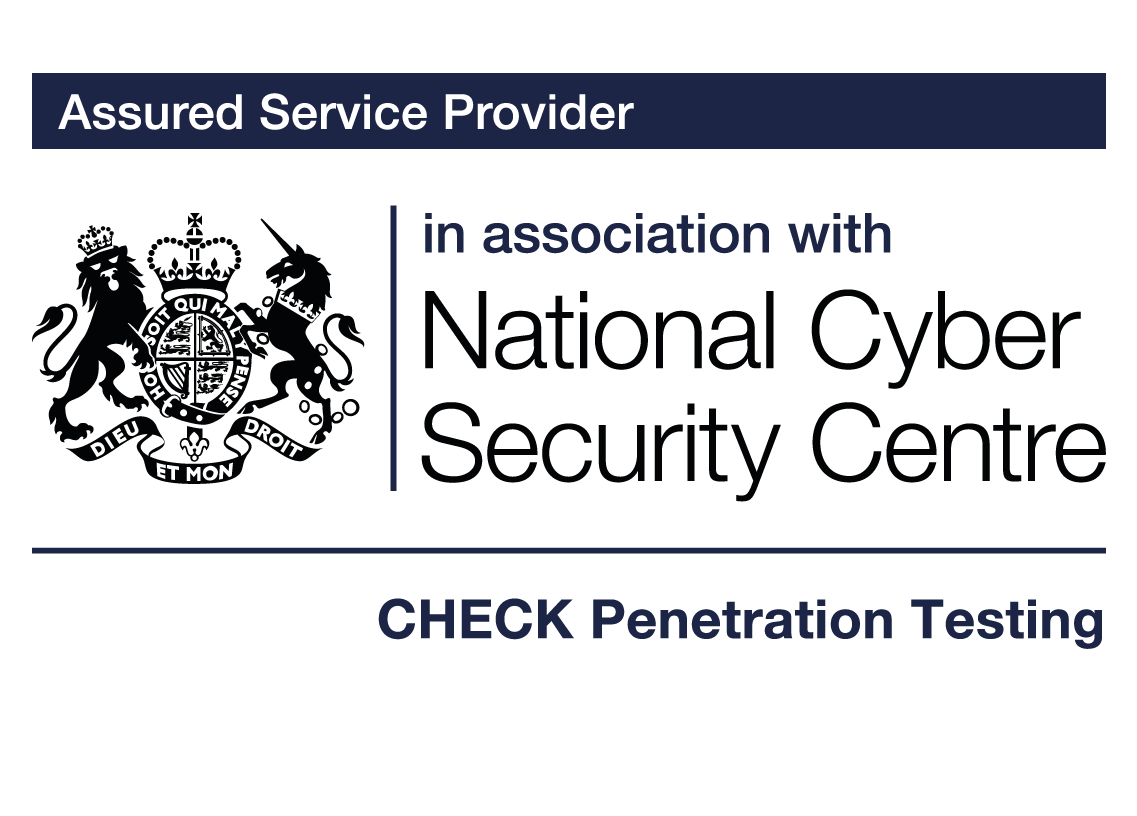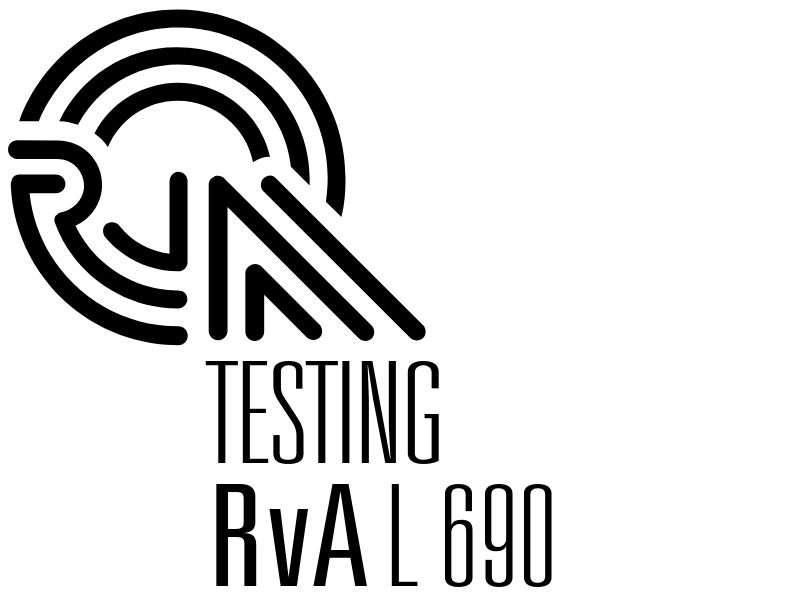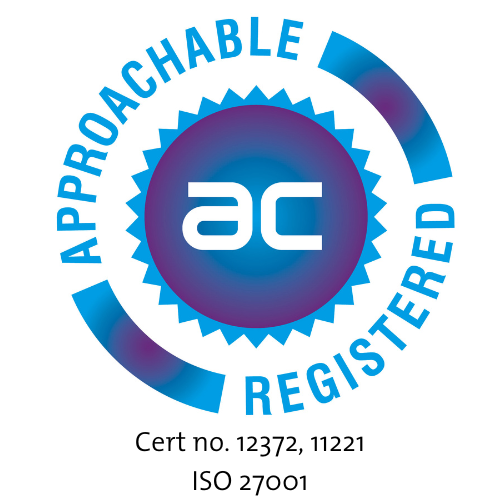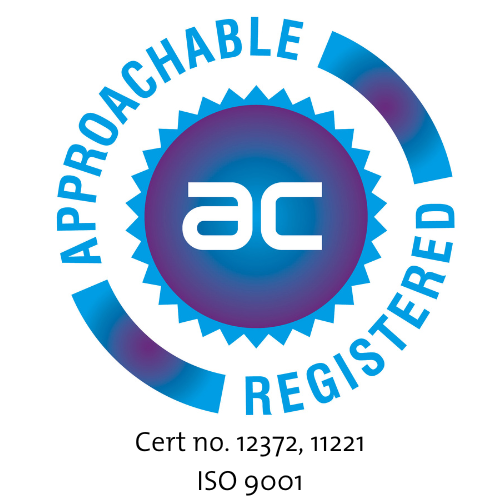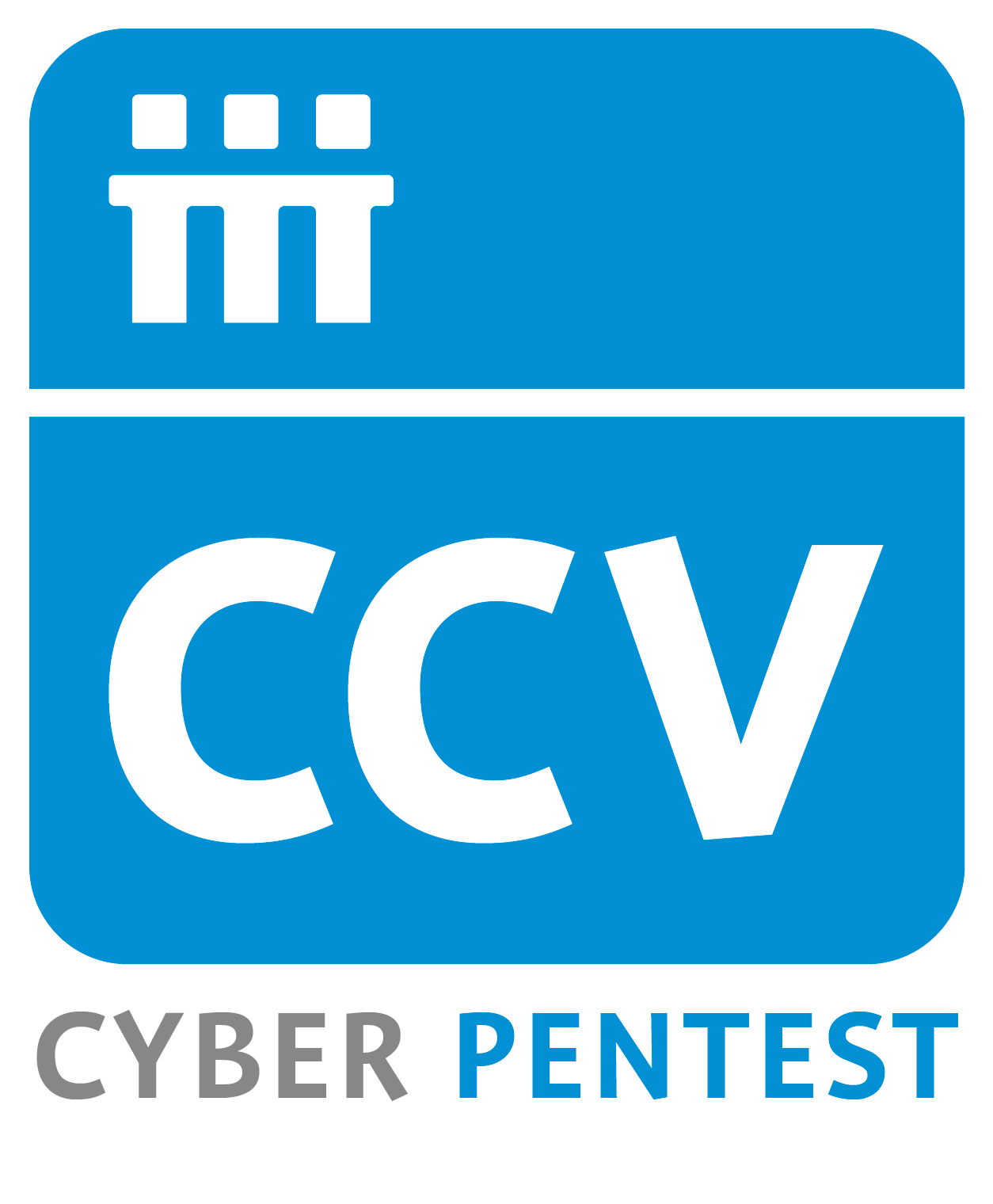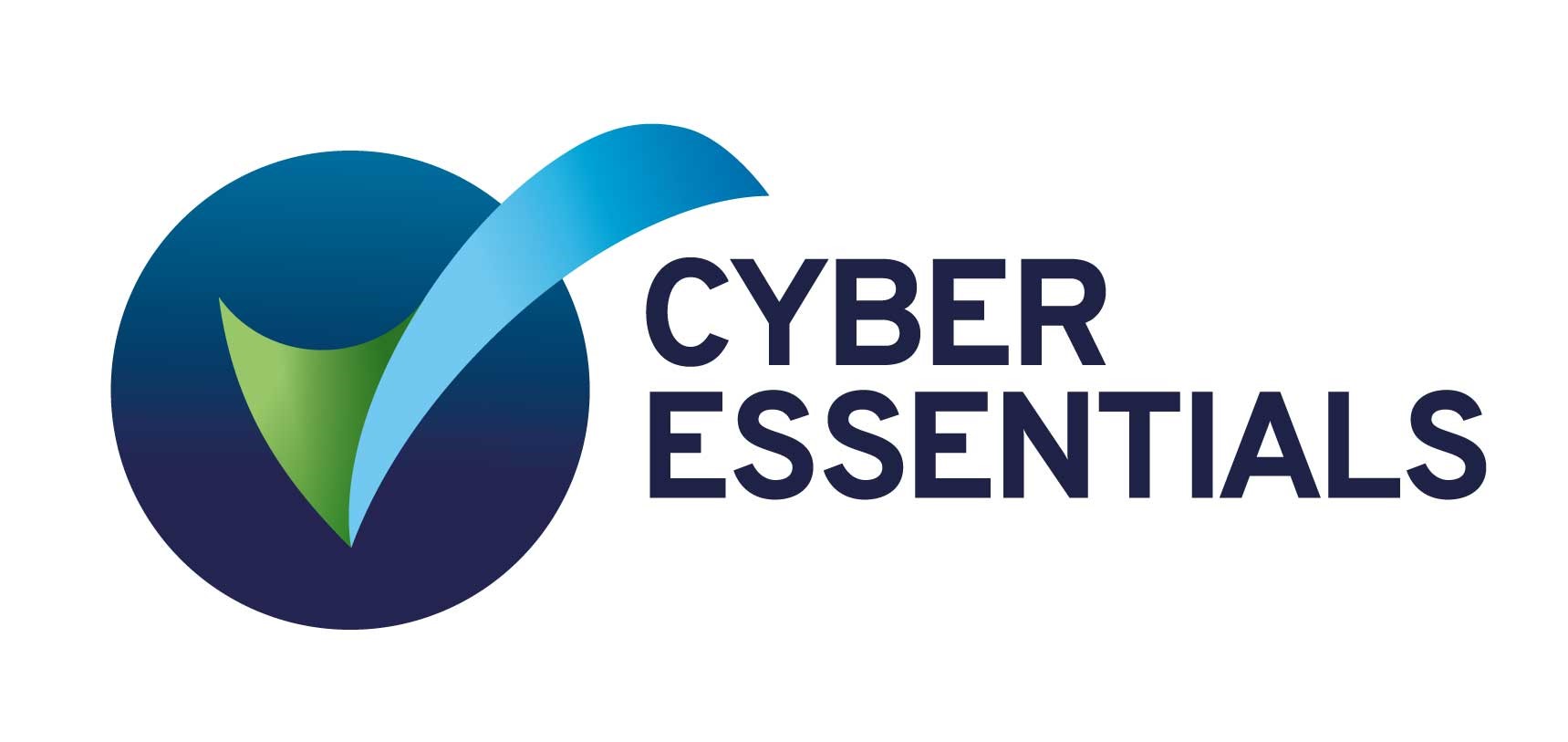USB Standard
We provide an objective, third-party opinion on the overall quality of your USB product and our expert engineers can aid with USB product development at your facility or ours. We test stand-alone devices, embedded hosts and full systems.
Clients can also make use of an extensive test pool of USB products for interoperability testing, providing insight on how well your product will behave in the market or catch interoperability and functionality issues prior to deployment. For USB charging capable implementations you can gain valuable insight on the overall charging performance against the wide variation of USB charging technologies.
We can test:
- USB Certification & Compliance Standards
- IEC62680 Common Charger Directive Conformance
- USB Type-C® and USB PD
- USB 3.2 Gen 1×1 and USB 3.2 Gen 2×1
- Peripheral
- Host and Embedded Hosts
- Hubs (end product using certified Hub Silicon)
- USB 2.0
- Peripheral
- Host and Embedded Hosts
- Hub
- USB Certification & Compliance Test Items
- PHY Electrical
- Protocol
- Link Layer
- Battery Charging
- Functionality Validation
- Apple MFi
- Interoperability
- Performance Validation
- Charging characteristics
- Attention state system behavior
- Charging mode transitions
- Impact of USB cable connection on the charging current
- Outlining charging cycle within predefined battery states
- Customisable testbed of more than 300 USB Source/Sink/Data products.
- Performance Validation
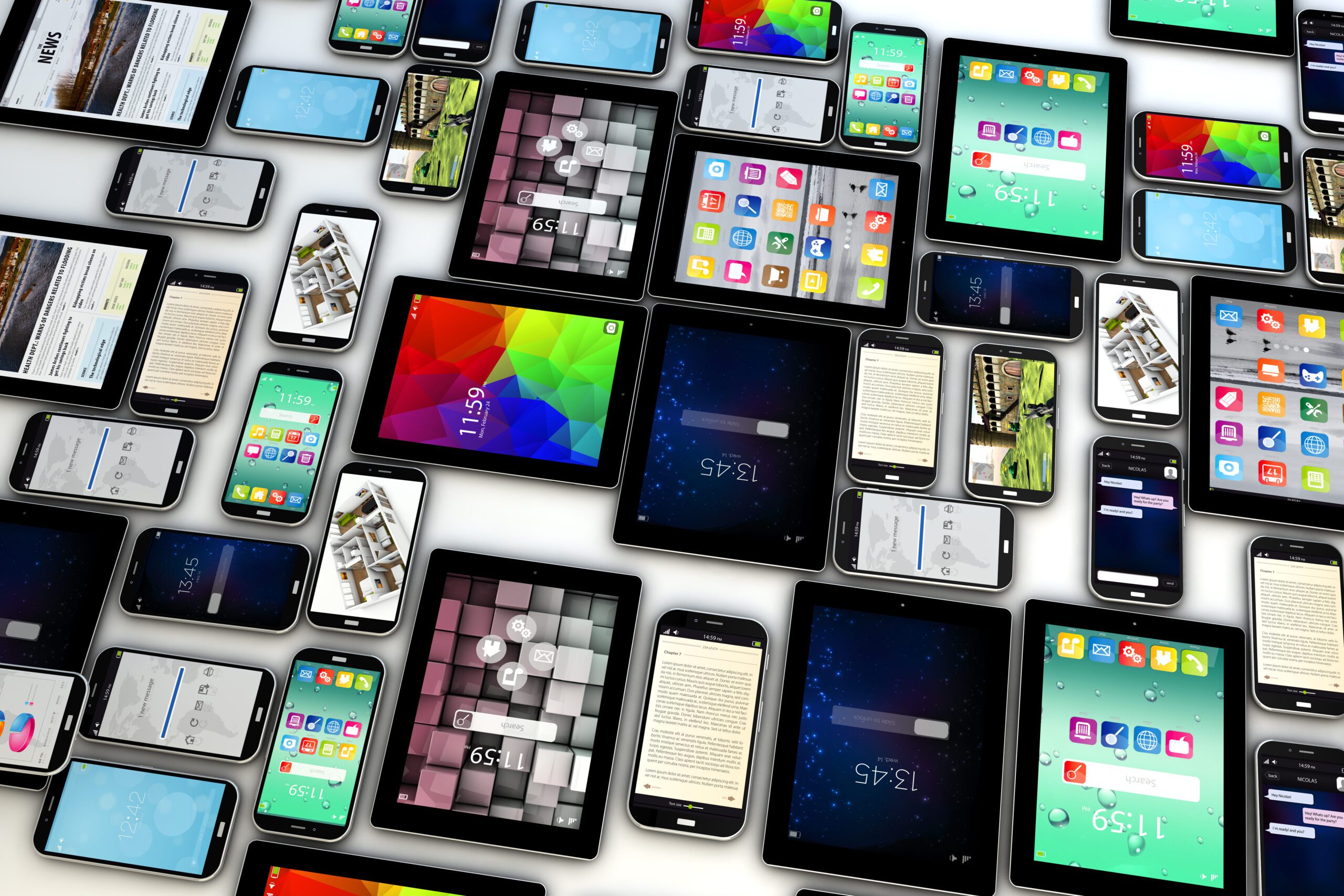
USB Product Interoperability Testing
Resillion experts test whether your USB product functions with other compatible devices on the market. The test object will be exposed to real-world situations, so we can detect any malfunctions that might occur.
USB Charging Interoperability Testing
We will help you in getting a detailed insight in how fast your USB product charges. We will also validate the overall safety of the USB product.

Charging ahead with USB-C
A game-changing move by the European Parliament will revolutionise device charging standards.
By 2026, all mobile devices and laptops sold in the EU must have a USB Type-C port. This shift promises reduced electronic waste and enhanced device compatibility.
Are you ready for the change?
Contact us today
Our Accreditations and Certifications
